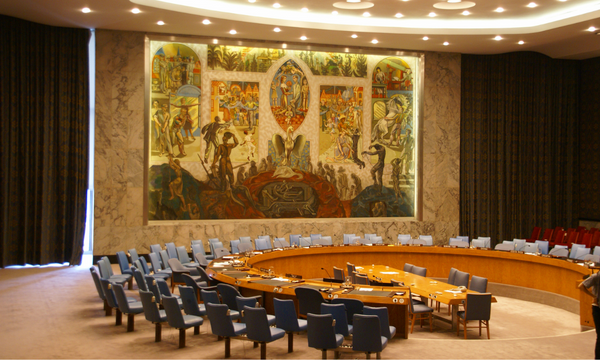
The Pros and Cons of Multilateralism in International Relations


Multilateralism, the practice of coordinating international policies and actions among multiple countries, has been a cornerstone of international relations for decades. While it has its benefits, there are also drawbacks to this approach. In this article, we will explore the pros and cons of multilateralism in international relations.
Pros:
1. Cooperation: One of the key advantages of multilateralism is that it promotes cooperation among nations. By working together, countries can achieve more than they could on their own. Multilateral organizations like the United Nations and the World Trade Organization (WTO) have been instrumental in promoting cooperation on issues like trade, security, and human rights.
2. Globalization: Multilateralism has also played a vital role in promoting globalization. By working together, countries have been able to lower trade barriers, promote the free flow of goods and services, and integrate their economies. This has led to increased economic growth and improved living standards for many people around the world.
3. Collective Security: Multilateralism also promotes collective security. By working together, countries can pool their resources and expertise to address common security challenges. For example, NATO has been instrumental in promoting security in Europe, while the African Union has played a key role in addressing conflicts on the African continent.
Cons:
1. Complexity: One of the biggest drawbacks of multilateralism is its complexity. With so many countries involved, it can be difficult to reach agreement on issues. This can lead to lengthy negotiations and delays in addressing important issues.
2. Unequal Representation: Another issue with multilateralism is that it can be difficult to ensure that all countries have an equal say in decision-making. Powerful countries like the United States, China, and Russia often dominate multilateral organizations, leaving smaller countries with less influence.
3. Lack of Accountability: Finally, multilateralism can sometimes lack accountability. Because decision-making is often diffuse and consensus-based, it can be difficult to hold individual countries or organizations accountable for their actions. This can lead to a lack of transparency and accountability in decision-making.
In conclusion, multilateralism has its pros and cons in international relations. While it promotes cooperation, globalization, and collective security, it can also be complex, unequal, and lack accountability. Despite its drawbacks, multilateralism remains an important tool for addressing global challenges and promoting peace and prosperity around the world. It is up to diplomats and policymakers to ensure that it is used effectively and in the best interests of all countries.

